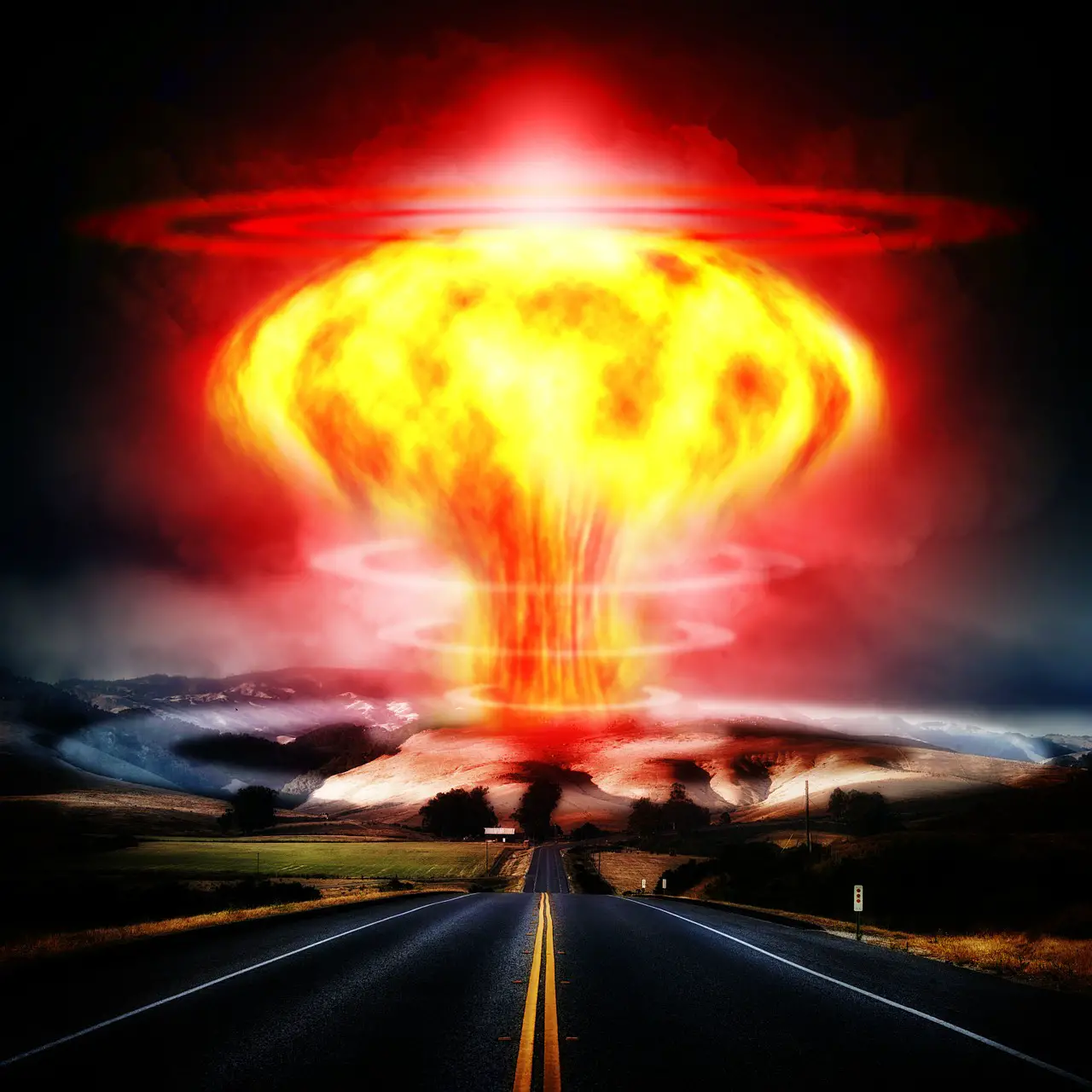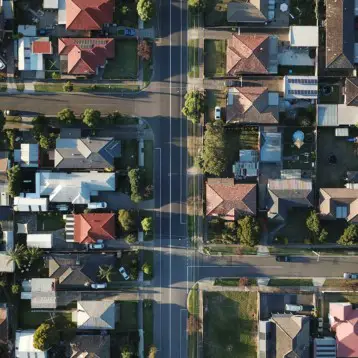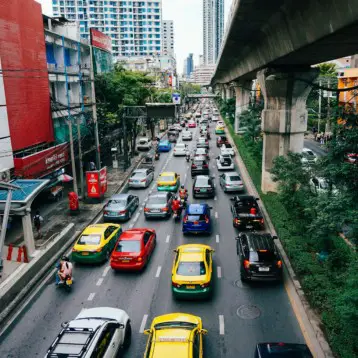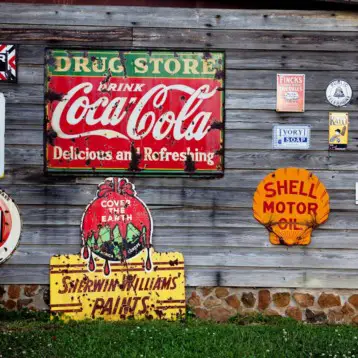
A nuclear disaster happens when there is spillage or radiation of radioactive materials beyond their confines, unto people or place that are unprotected. Nuclear disasters leave tears in our eyes, even when we are not affected or those whom we know. The repercussion is weighty, as humans are wounded and the earth is affected. Chernobyl and Fukushima disasters in 1986 and 2011, respectively, were terrible nuclear accidents that the world would never forget. It is the responsibility of the world nuclear sector and government to take the most preventive measures. Although radiation suit are important protective measures from powerful radiation –even the best of them, prevention methods are the surest guaranty.
Hence, we are posed with a very important question, what should be done to prevent nuclear catastrophe?
Here are four things to be done that can prevent nuclear disasters.
1. Effect security measures:
Other than the trigger by natural disasters such as earthquake and tsunami, a nuclear power plant can still let out unhealthy radiation. A factor like attacks or human error during maintenance routine can cause a nuclear catastrophe. Hence, organizations should take important security measures to ascertain that they know what is wrong within the perimeter of the plant and to be able to monitor other incoming attacks from the air. Security consciousness is important. Prevent diversion of fuel to sensitive parts of the plants. Radiation suits should also be made compulsory as a necessary precaution against the risk of intense exposure of staff.
2. Electric Supply should be stabilized:
Electricity should be stabilized as much as possible. Considerations should be made for multiple or backup power options. These options should be strong enough to carry the whole operations of a plant. For instance, the Fukushima accident happened because the offsite power was cut off by natural disasters, they went for the on-site power option, which became low in a short while, and they weren’t able to cool their reactors before it exploded. Therefore, an important action is that nuclear plants and power sectors should provide electric power options that can cover for a long time, in case of an emergency.
3. Installation of Filtered Vent system:
Containment facilities of radioactive materials should reduce the risk of exposure by releasing radioactive gasses through large filter systems before they are released into the atmospheric space. Filter systems contain elements that are able to trap or strip dangerous radioactive substances and prevent them from contaminating the atmosphere when the gasses are released.
4. Use effective means to store spent fuel:
There are better ways to store fuels to prevent explosions under extreme conditions. Operators of nuclear plants should extract spent fuels from fuel pools within reactors after a period. Over the years, the fuel would be cool, can be stored in dry casks, and sealed in metallic cylinders, after which they can be closed up within concrete storage. About 400 casks of spent fuels survived the earthquake and tsunami at Fukushima. Hence, properly stored spent fuel is a valid preventive measure for nuclear catastrophe.










